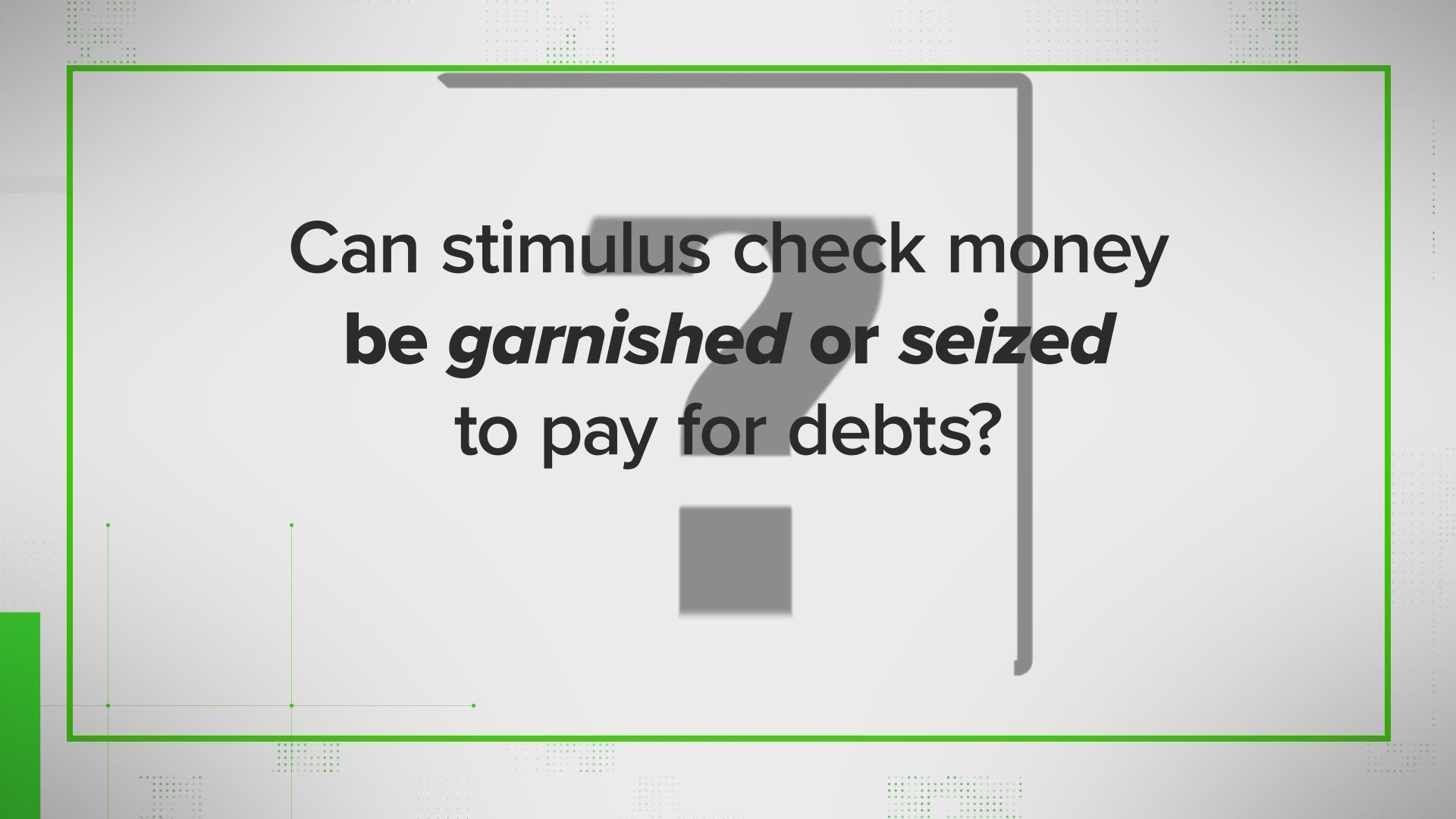More than half of the coronavirus stimulus payments have already been delivered, totaling nearly $158 billion, the Treasury Department and Internal Revenue Service announced Friday.
While more than 88 million people have already received their payments, more than 62 million were still waiting, as of April 17, according to the IRS data.
The Treasury and IRS also released state-by-state figures for the Economic Impact Payments (EIPs) stemming from the $2.2 trillion CARES Act.
The data shows that as of April 17, the highest number of payments went to California, where more than 9.1 million people had received their money, totaling more than $15.89 billion. Texas had the second highest number of payments, with more than 7.8 million people receiving a total of 14.398 billion, followed by Florida, New York and Pennsylvania.
Smaller states, including Wyoming, Vermont and Alaska, have seen the fewest checks distributed.
“The IRS, Treasury and partner agencies are working non-stop to get these payments out in record time to Americans who need them,” said IRS Commissioner Chuck Rettig in a press release. “Tens of millions of people across the country are receiving these payments, and millions more are on the way.
The payments are part of the $2.2 trillion rescue package signed into law by President Donald Trump aimed at combating the economic ravages of the coronavirus pandemic.
For the most part, the government is sending eligible Americans a $1,200 economic impact payment, plus an additional $500 per child.
If you haven't gotten your stimulus check yet, then you're probably wondering when it's going to show up. The IRS tweeted this week that those who filed taxes in 2019 or 2018 and supplied direct deposit info should see their money "in the next three weeks."
Since the passing of the CARES Act, officials have repeatedly stressed the quickest way to get your stimulus check is going to be through direct deposit. For those who didn't provide banking info to the IRS in their tax returns, you can use the "Get My Payment" tool on the IRS website to update that info. There have been some hiccups with that tool however, with many saying they've gotten a "Payment Status Not Available" message when trying to use the stimulus payment status tracker. The IRS even addressed this issue on its website and told people to keep trying.
But what if you have to wait for a mailed check? Here's what we know.
When will stimulus checks be mailed?
If you don't have direct deposit set up with the IRS, then you'll receive your check through the mail.
On Tuesday, April 21, Treasury Secretary Steven Mnuchin said they have started sending out checks.
According to a memo from the House Ways and Means Committee, the IRS will begin issuing paper checks the week of April 20. Americans with the lowest income will get mailed checks first. Around 5 million paper checks will be issued each week, so the memo notes it could take up to 20 weeks for everyone to get their paper checks.
The IRS has yet to confirm the exact timeline for mailing the paper checks, but this is the planned weekly schedule, according to internal documents viewed by The Washington Post in early April.
According to the internal plan, checks will be issued by gradually increasing income increments of $10,000 each week. Households earning $198,000, who file jointly, will get their reduced checks on Sept. 4, The Post reported.
When will the next stimulus checks be deposited? And when will my direct deposit payment arrive?
The easiest way to know whether your payment has arrived is to check your bank account. The IRS "Get My Payment" tool can also help track when it's supposed to be deposited.
The IRS tweeted on Wednesday that eligible people who filed taxes for 2019 or 2018 will automatically get an economic impact payment from the IRS in the next three weeks.
When will I get my stimulus check if I receive government benefits?
If you receive any of these government benefits, your money is coming soon and your payment should arrive automatically:
- Social Security Retirement
- Survivor or Disability Benefits (SSDI)
- Railroad Retirement Benefits
- Supplemental Security Income (SSI)
- Veterans Affairs Benefits
Even if you didn't file a tax return in the last two years, the IRS says no action is needed. You will automatically receive your $1,200 payment.
Money for Social Security and Railroad Retirement Recipients will come first. And SSI recipients will receive their automatic payments in early May.
But the IRS says the VA payment schedule for compensation and pension is still being determined. All of these recipients will get their money however they would normally receive their benefits: by direct deposit, direct express debit card or by paper check.
I requested direct deposit, so why am I getting a check mailed to me instead?
The IRS recently updated its frequently asked questions section to explain why some Americans will wind up getting a check, even though they asked for direct deposit.
"It is possible we do not have the correct bank account information for you, or your financial institution rejected the direct deposit. In either case, your Payment will be mailed to the address we have on file for you," the IRS stated online.

